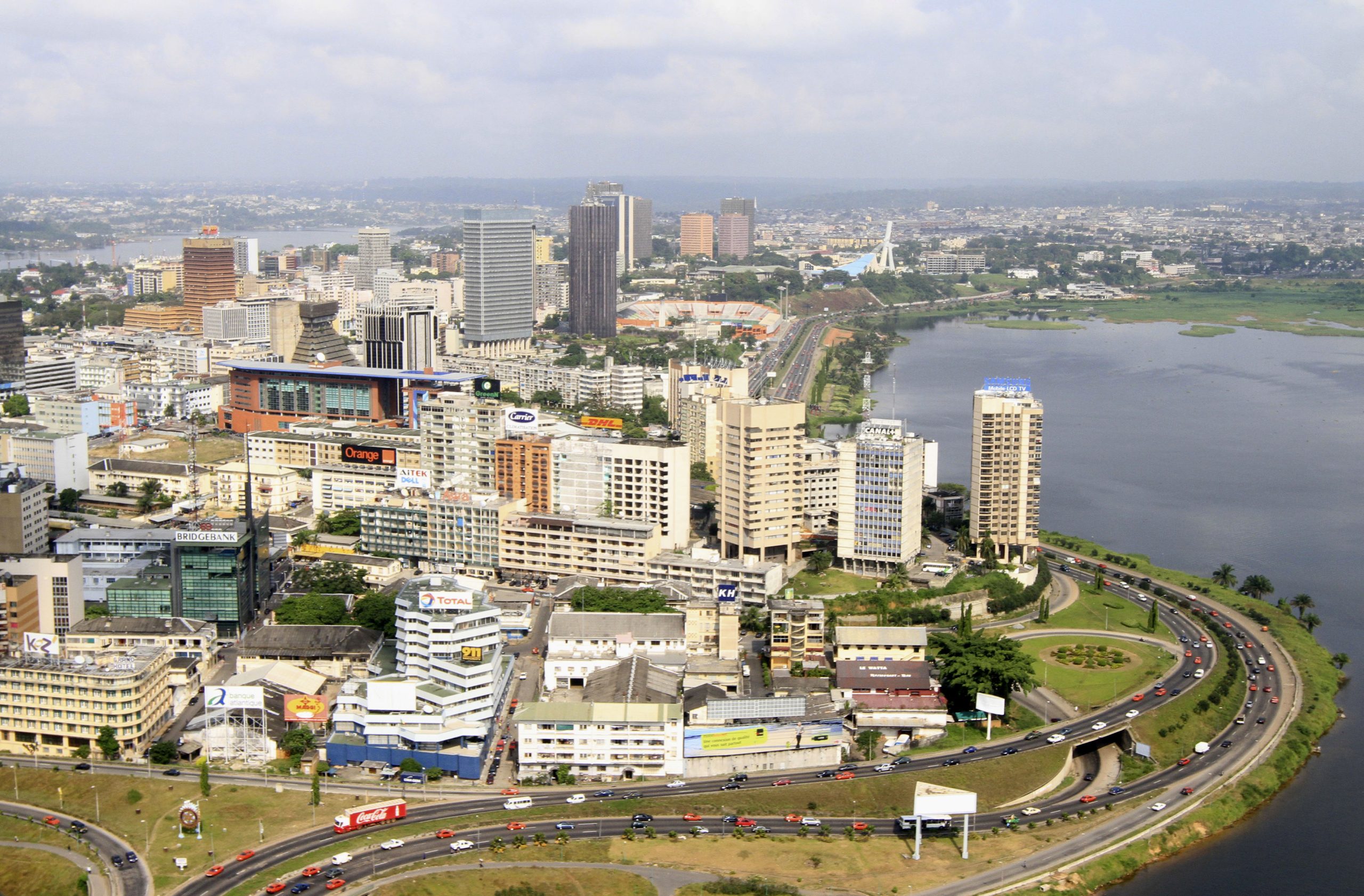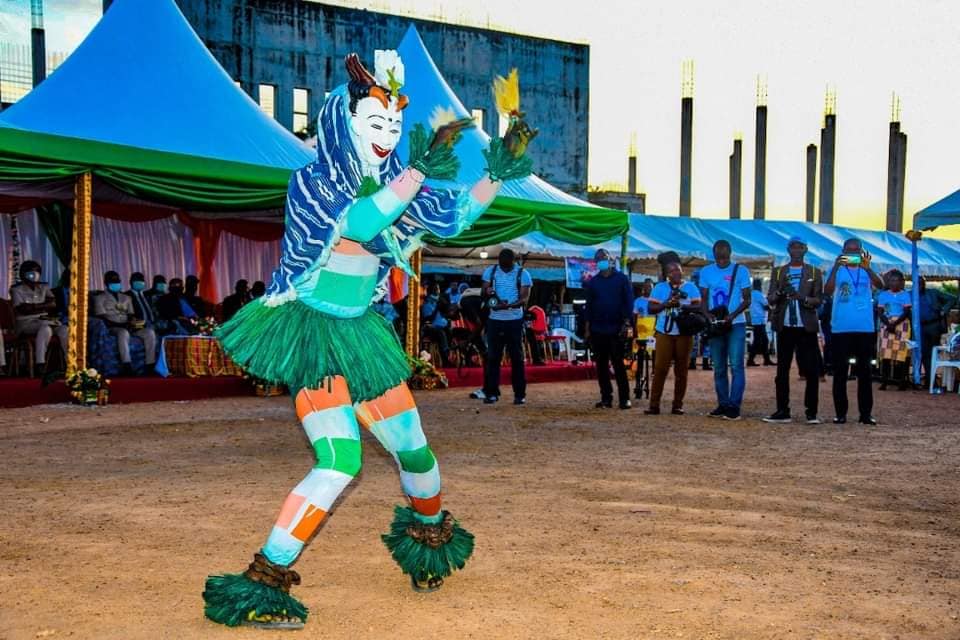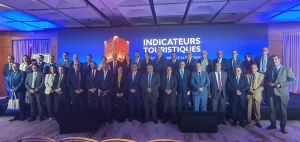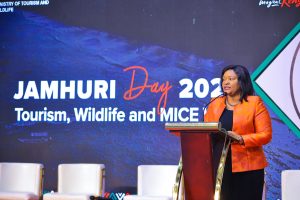Ivorian capital of Abidjan is gearing up to host this year’s global celebrations of the world tourism day on September 27.
The West African nation was selected to host this global showpiece during the 23rd World Tourism Organization (UNWTO)General Assembly in St Petersburg, Russia.
This decision is backed by an array of actions and circumstances that have launched Ivorian tourism into the international orbit since 2017. In adopting “Sublime Côte d’Ivoire” the Ivorian tourism industry also gave itself the means to join the ranks of nations which integrate it as a critical pillar of development. Indeed, its three-fold purpose consists of “promoting the territorial development outside Abidjan, developing a GDP growth engine by multiplying tax revenues, and ultimately creating a reservoir of employment”.
It becomes the third African country to play host the global tourism community after Ghana and Algeria held the events in 2009 and 2003 respectively.
Profile
Côte d’Ivoire, a West African country, is a member of the United Nations and several other international and regional organizations, including the World Tourism Organization. With an area of 322,462 km2, it is bordered to the north by Mali and Burkina Faso, to the west by Liberia and Guinea, to the east by Ghana and to the south by the Atlantic Ocean. Its population is estimated at more than 25 million. Côte d’Ivoire’s political and administrative capital is Yamoussoukro, while Abidjan remains its economic capital. The country’s currency is the CFA franc, and its official language is French.
The country gained its independence on 7 August 1960, under the leadership of Félix Houphouet-Boigny, the first President of the Republic. The economy, mainly based on coffee and cocoa production, experienced an exceptional rise in the first two decades, making Côte d’Ivoire a leading country in the West African sub-region.

Over the past decade, Côte d’Ivoire has revived its economic growth, by improving the business climate, encouraging private investment, boosting the confidence of investors, both national and international, and upgrading its infrastructure. This has made it possible to achieve an average economic growth rate of more than 9% since 2012, which unfortunately has suffered a slowdown since 2020, due to the consequences of the COVID-19 crisis. In spite of this, the country still remains the main economic driver of Francophone West Africa and exercises a real influence in the region.
This year’s theme
The COVID-19 pandemic has had a massive social and economic impact. Both developed and developing economies have been hit. And marginalized groups and the most vulnerable have been hit hardest of all. The restart of tourism will help kickstart recovery and growth. It is essential that the benefits this will bring are enjoyed widely and fairly.
UNWTO has therefore designated World Tourism Day 2021 as a day to focus on Tourism for Inclusive Growth. This is an opportunity to look beyond tourism statistics and acknowledge that, behind every number, there is a person. UNWTO invites its Member States, as well as non-members, sister UN agencies, businesses and individuals to celebrate tourism’s unique ability to ensure that nobody is left behind as the world begins to open up again and look to the future.
World Tourism Day, celebrated each year on 27 September, is the global observance day fostering awareness of tourism’s social, cultural, political and economic value and the contribution that the sector can make towards reaching the Sustainable Development Goals.
Tourism’s Role in Inclusive Recovery
Tourism has a unique ability to make sure nobody is left behind, as recognized in the Year of Tourism for Inclusive Development and World Tourism Day 2021. The sector is a recognized pillar of most – if not all – the Sustainable Development Goals, particularly Goals 1 (no poverty), 5 (gender equality), 8 (decent work and economic growth) and 10 (reduce inequalities).
UNWTO as the United Nations specialized agency for responsible and sustainable tourism, is guiding the global sector towards inclusive recovery and growth. UNWTO ensures every part of the sector has a say in its future – including communities, minorities, youth and those who would otherwise be at risk of being left behind.







